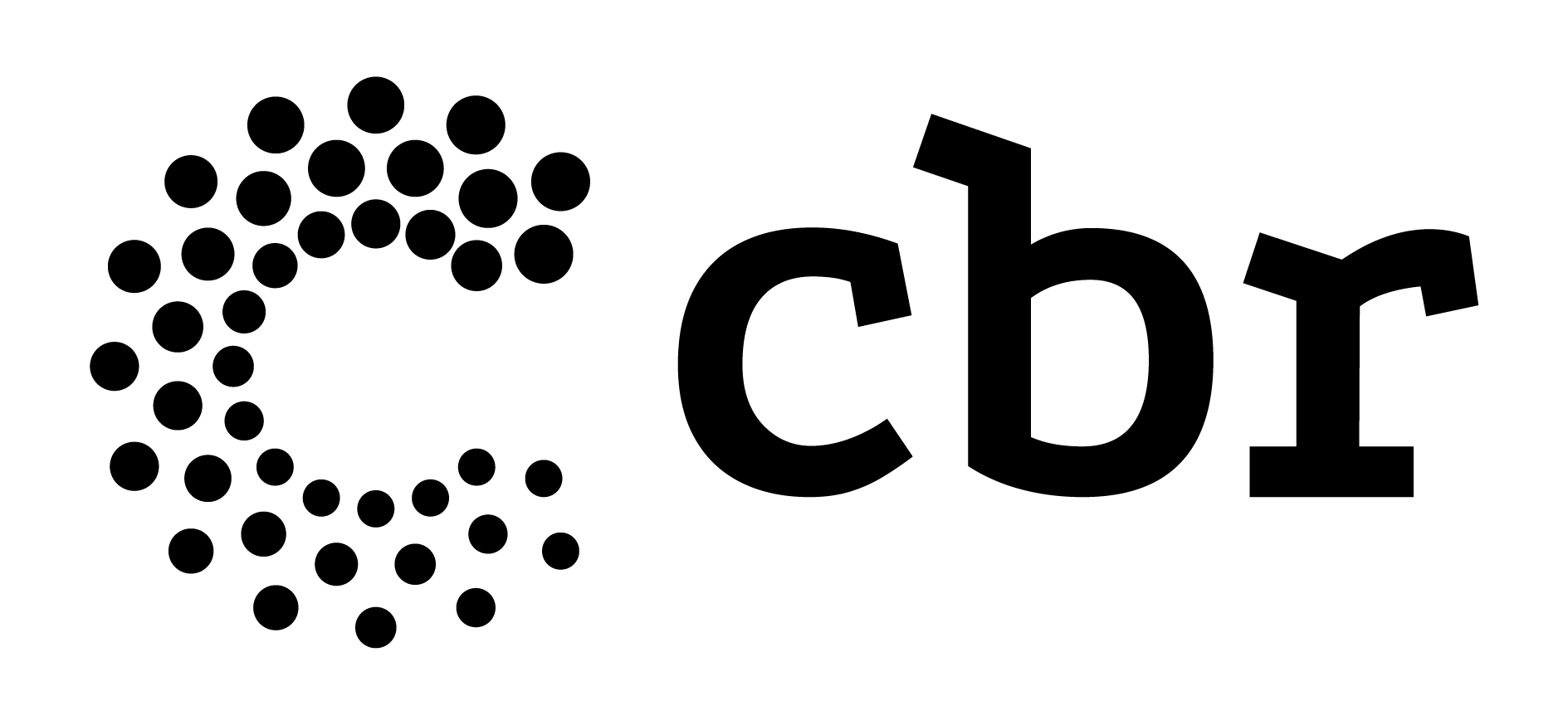The extinct Ordinance of the Health Surveillance Secretariat of the Ministry of Health n. and dental and was in effect for about 21 years, it described the professional qualification, to be responsible for the role of technician in charge of the Radiology Services, where it is necessary to have: Training in medicine, or dentistry, in the case of dental radiology;
With the repeal of Ordinance 453/98, RDC (Resolution of the Collegiate Board) number 330 of ANVISA, published in December 2019, as well as normative instructions (IN 52 to 59) that establish health requirements for the organization and the functioning of diagnostic and interventional radiology services throughout the national territory. In this norm, the professional qualification was not specified, as it is not ANVISA's responsibility to resolve issues related to professional practice, a matter that is restricted to the competence of another entity (council or order), and the health surveillance is only responsible for verifying the existence of the professional legally qualified in the establishment. The new standard conceptualizes the technical manager as follows: “The legal guardian must formally designate 1 (one) legally qualified professional to assume responsibility for the radiological procedures of each diagnostic or interventional radiology sector of the health service, hereinafter referred to as the technical officer”.
In this way, the qualification of such a professional is in accordance with the laws and regulations in force for each profession. In this case, bearing in mind that the registration of companies with the professional council must be done in the one in which the activity is prevalent. In the case of radiology, medicine prevails, therefore, its registration must be made at the Regional Council of Medicine and follow the norms established by the Federal Council of Medicine. Still, it stands out the item II of Article 5 of Law No. 12,842, of July 10, 2013 (Medical Act Law), which governs coordination and supervision linked, immediately and directly, to the private activities of a physician, as well as Resolution No. 2,147/2016, which establishes rules on the responsibility, attributions, competences and rights of technical directors, clinical directors and heads of service in medical environments.
On the other hand, CFM Resolution 2007/13 (as amended by CFM Resolution 2114/14) provides that:
“Art. 1st For the doctor to exercise the position of technical director or supervisor, coordination, leadership or medical responsibility for specialized care services, a title in a medical specialty is mandatory., registered with the Regional Council of Medicine (CRM), according to the parameters established by Resolution CFM nº 2.005/2012.
- 1st In institutions that provide medical services in a single specialty, the technical director must have the title of specialist registered with the CRM in the respective area of activity in which the services are provided.
- 2nd The supervisor, coordinator, head or person in charge of the specialized assistance services mentioned in the caput of this article can only assume technical responsibility for the specialized service if he or she holds a specialist title in the specialty offered by the medical service, with the proper registration of the title with the CRM ”.
Indeed, RDC 330, is in line with with current legal regulations, including in relation to the Medical Act Law, where only those professionals that fulfill the legal requirements for carrying out the activity, they may be designated as technicians responsible for the diagnostic and interventional radiology service.
The Technical Responsible is the doctor who ethically responds for all the information provided before the medical councils (federal or regional), and may even be held responsible or penalized in case of proven complaints.
Thus, in Diagnostic Imaging services that use ionizing radiation, appointment of a medical technician in charge is mandatory, specialist in Radiology and Diagnostic Imaging, with their specialty duly registered, that is, with a Specialist Qualification Register (RQE) at the Regional Council of Medicine (CRM), to respond for radiological procedures within the scope of the service in perfect harmony with the norms legislation in force (Law of the Medical Act and aforementioned Resolutions).
Finally, the radiologist may be appointed technical manager for a maximum of 2 (two) Radiology services simultaneously, as provided in CFM Resolution No. 2,147/2016.
Juliana Santana de Melo Tapajos
Director of Professional Defense -CBR
Member of the Radiological Protection Commission




